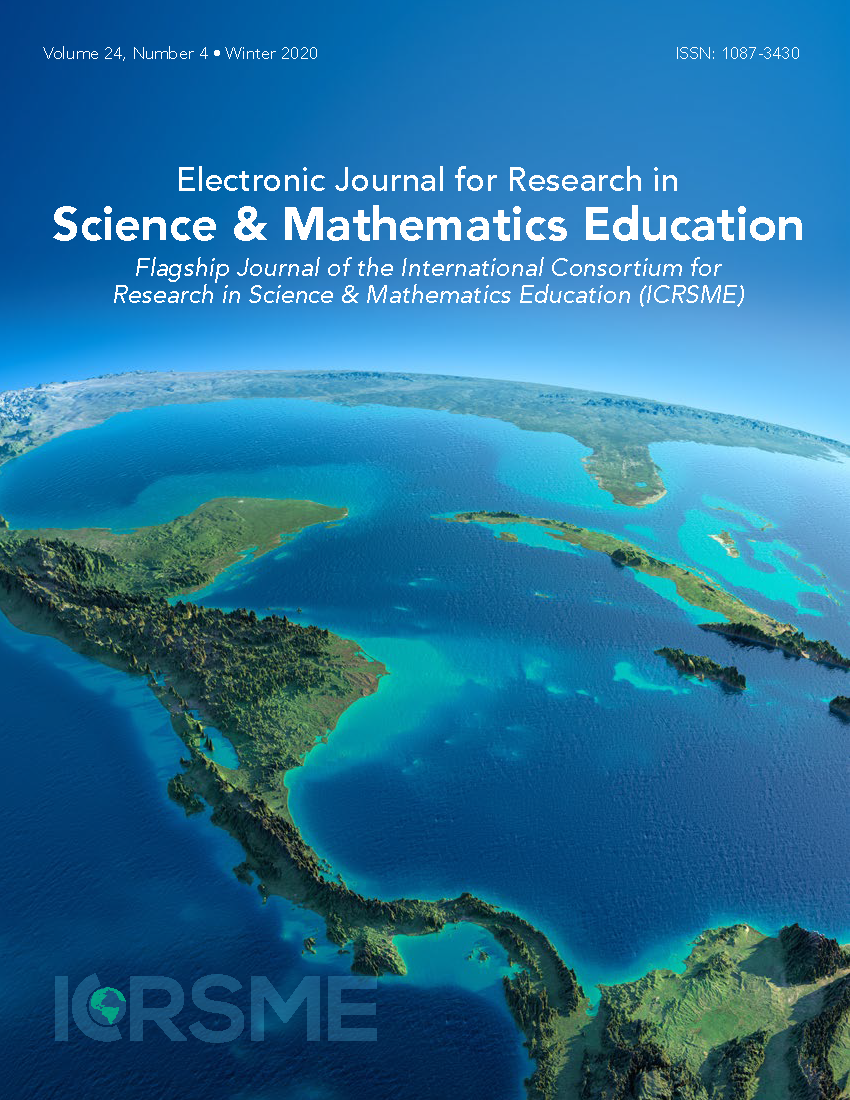Gender Differences in Student Attitudes towards Science in Secondary School Classrooms with and without NSF GK-12 Resident Scientists
Main Article Content
Abstract
The purpose of this three-year study was to examine middle school female and male students’ attitudes about science in four different categories before and after being with PhD science graduate students, resident scientists, in their classrooms every week. The study was based upon a National Science Foundation (NSF) program called Project Flowing Waters, a five-year NSF Graduate STEM Fellows in K-12 Education (GK-12) program. This study covers the final two years of the program, Year 4, Year 5, and also includes a control year, Year 6, that occurred after the program and thus, lacked resident scientists. In Year 4 and 5, the program funded 17 doctoral students, known as NSF GK-12 fellows, who served as bi-weekly resident scientists in science classrooms in local schools. A newly developed science attitude survey, My Attitude Toward Science Scale (MATS) (Hillman, Zeeman, Tilburg & List 2016) was used to survey student attitudes in four categories. Matched pre- and post- student attitude surveys were obtained. Seventeen resident scientist/teacher partnerships were analyzed, involving [n=1075 students] in the 2011/12 (Year 4) and 2012/13 (Year 5) school years and 366 students in 2015/16 (Year 6-Control) school years using the survey. Results indicated significant gender differences in attitudes only in Year 5, with male students being more positive than female students about their attitudes towards science, desire to be a scientist, value of science to society and holding less stereotypical perceptions of scientists.
Article Details
© 2025 Electronic Journal for Research in Science & Mathematics Education (EJRSME)
